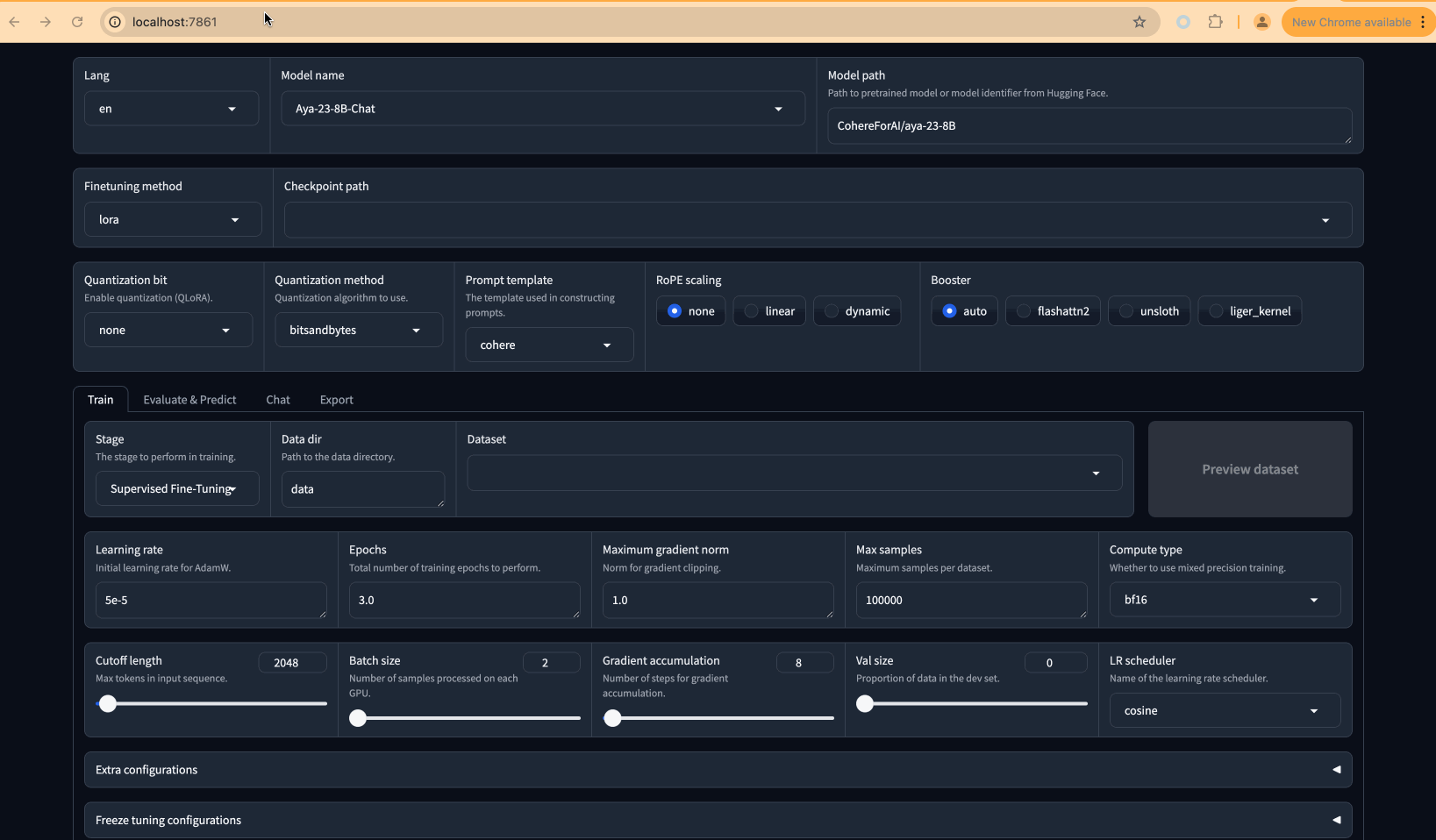Summary
A critical remote OS command injection vulnerability has been identified in the Llama Factory training process. This vulnerability arises from improper handling of user input, allowing malicious actors to execute arbitrary OS commands on the host system. The issue is caused by insecure usage of the Popen function with shell=True, coupled with unsanitized user input. Immediate remediation is required to mitigate the risk.
Affected Version
Llama Factory versions <=0.9.0 are affected by this vulnerability.
Impact
Exploitation of this vulnerability allows attackers to:
- Execute arbitrary OS commands on the server.
- Potentially compromise sensitive data or escalate privileges.
- Deploy malware or create persistent backdoors in the system.
This significantly increases the risk of data breaches and operational disruption.
Root Cause
The vulnerability originates from the training process where the output_dir value, obtained from the user input, is injected into the popen function without any sanitization. Furthermore, popen is invoked in a unsafe way by enabling the interact shell (shell=True), leading to remote OS command injection vulnerability.
Vulnerable snippet:
# https://github.com/hiyouga/LLaMA-Factory/blob/bd639a137e6f46e1a0005cc91572f5f1ec894f74/src/llamafactory/webui/runner.py#L304-L323
def _launch(self, data: Dict["Component", Any], do_train: bool) -> Generator[Dict["Component", Any], None, None]:
...
args = self._parse_train_args(data) if do_train else self._parse_eval_args(data)
...
self.trainer = Popen(f"llamafactory-cli train {save_cmd(args)}", env=env, shell=True)
yield from self.monitor()Proof of Concept (PoC)
Steps to Reproduce

Bad actors are able to execute any OS command as they want.
Remediation Recommendations
Avoid using shell=True in Popen.
- Instead, pass the command and its arguments as a list. This prevents user inputs from being executed as part of a shell command.
cmd = [
"llamafactory-cli",
"train",
*save_cmd(args).split(),
]
self.trainer = Popen(cmd, env=env)
Summary
A critical remote OS command injection vulnerability has been identified in the Llama Factory training process. This vulnerability arises from improper handling of user input, allowing malicious actors to execute arbitrary OS commands on the host system. The issue is caused by insecure usage of the
Popenfunction withshell=True, coupled with unsanitized user input. Immediate remediation is required to mitigate the risk.Affected Version
Llama Factory versions <=0.9.0 are affected by this vulnerability.
Impact
Exploitation of this vulnerability allows attackers to:
This significantly increases the risk of data breaches and operational disruption.
Root Cause
The vulnerability originates from the training process where the
output_dirvalue, obtained from the user input, is injected into the popen function without any sanitization. Furthermore, popen is invoked in a unsafe way by enabling the interact shell (shell=True), leading to remote OS command injection vulnerability.Vulnerable snippet:
Proof of Concept (PoC)
Steps to Reproduce
Deploy llama factory
Execute the exploitation script from: https://gist.github.com/superboy-zjc/f2d2b93ae511c445ba97e144b70e534d
python3 llama-factory-rce.py --url http://127.0.0.1:7861 --cmd "curl XXX" --traceBad actors are able to execute any OS command as they want.
Remediation Recommendations
Avoid using
shell=TrueinPopen.